
Services that Human Rights Welfare Society Pakistan Can Provide for Women Harassment
Some of the services that Human Rights welfare society Pakistan can provide for women harassment may include:
1. Counselling services: Offering professional counselling services for women who have experienced harassment can help them cope with the trauma and provide them with a safe space to express their feelings.

2. Legal support: Assisting victims with legal guidance and support can help them understand their rights and encourage them to seek justice against their perpetrators.

3. Awareness campaigns: Conducting campaigns and workshops to raise awareness about women harassment can help educate the public about its impact and consequences. These awareness programs may be targeted at schools, universities, workplaces, and communities.

4. Safe spaces: Creating safe spaces for women where they can seek refuge and share their experiences without fear of judgment or further harassment. These spaces can be physical locations or online platforms.

5. Advocacy and lobbying: Taking an active role in advocating for policies and legislation that promote women’s rights and protect them from harassment. This can involve engaging with government bodies, law enforcement agencies, and other relevant stakeholders.
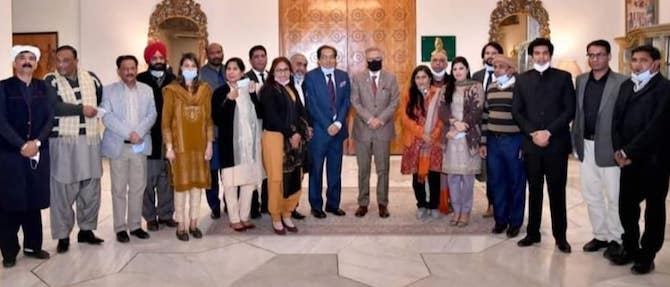
6. Rehabilitation and support programs: Providing ongoing support and rehabilitation programs for women who have faced harassment can assist them in rebuilding their lives and reintegrating into society.

7. Helpline: Establishing a helpline specifically for women who have experienced harassment. This helpline can offer immediate support, guidance, and resources for those in need.

8. Emergency accommodation: Ensuring access to safe accommodation for women who are at risk or have been displaced due to harassment. Providing temporary shelters can offer them a secure environment while they seek assistance.
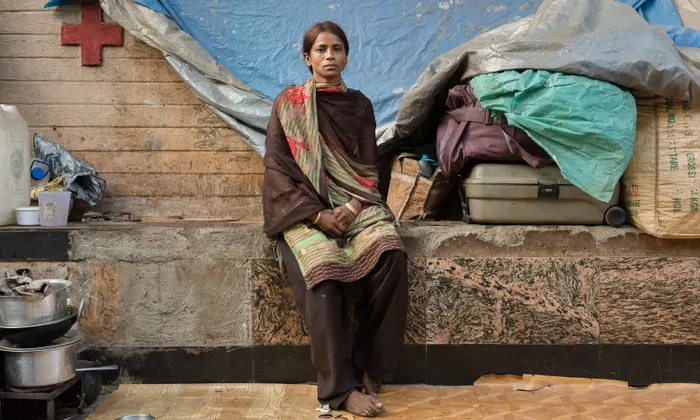
9. Job placement and vocational training: Assisting survivors of harassment with job placement services and vocational training programs to help them regain their independence and financial stability.
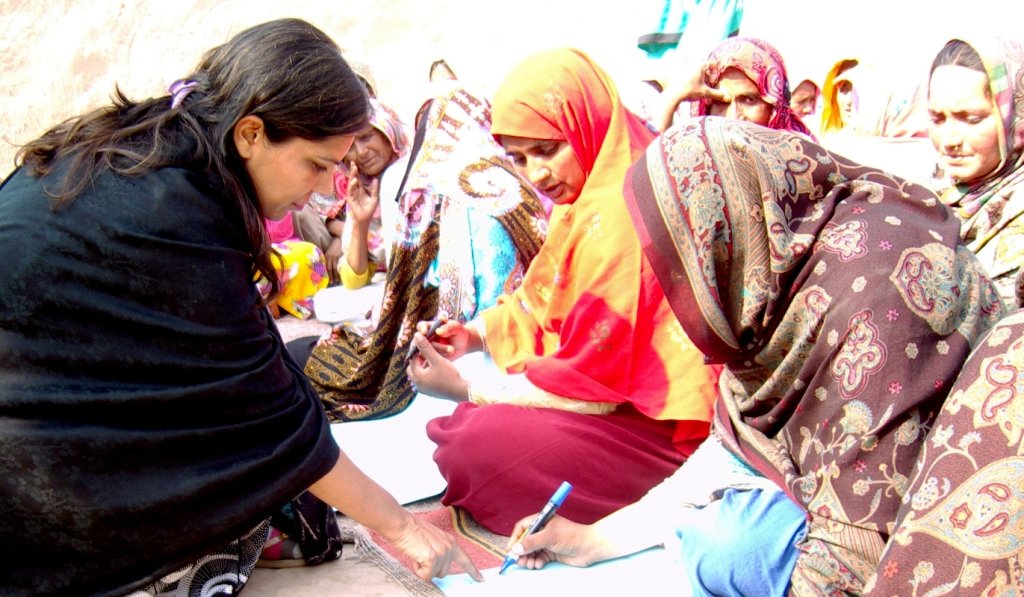
10. Networking and support groups: Facilitating networking opportunities and support groups for women who have experienced harassment. These groups can provide a sense of community and empowerment through shared experiences and solidarity.

11. Education and awareness workshops: Conducting workshops on gender equality, consent, and healthy relationship dynamics in schools, colleges, and community centers. These initiatives can challenge societal norms and promote respectful behavior towards women.
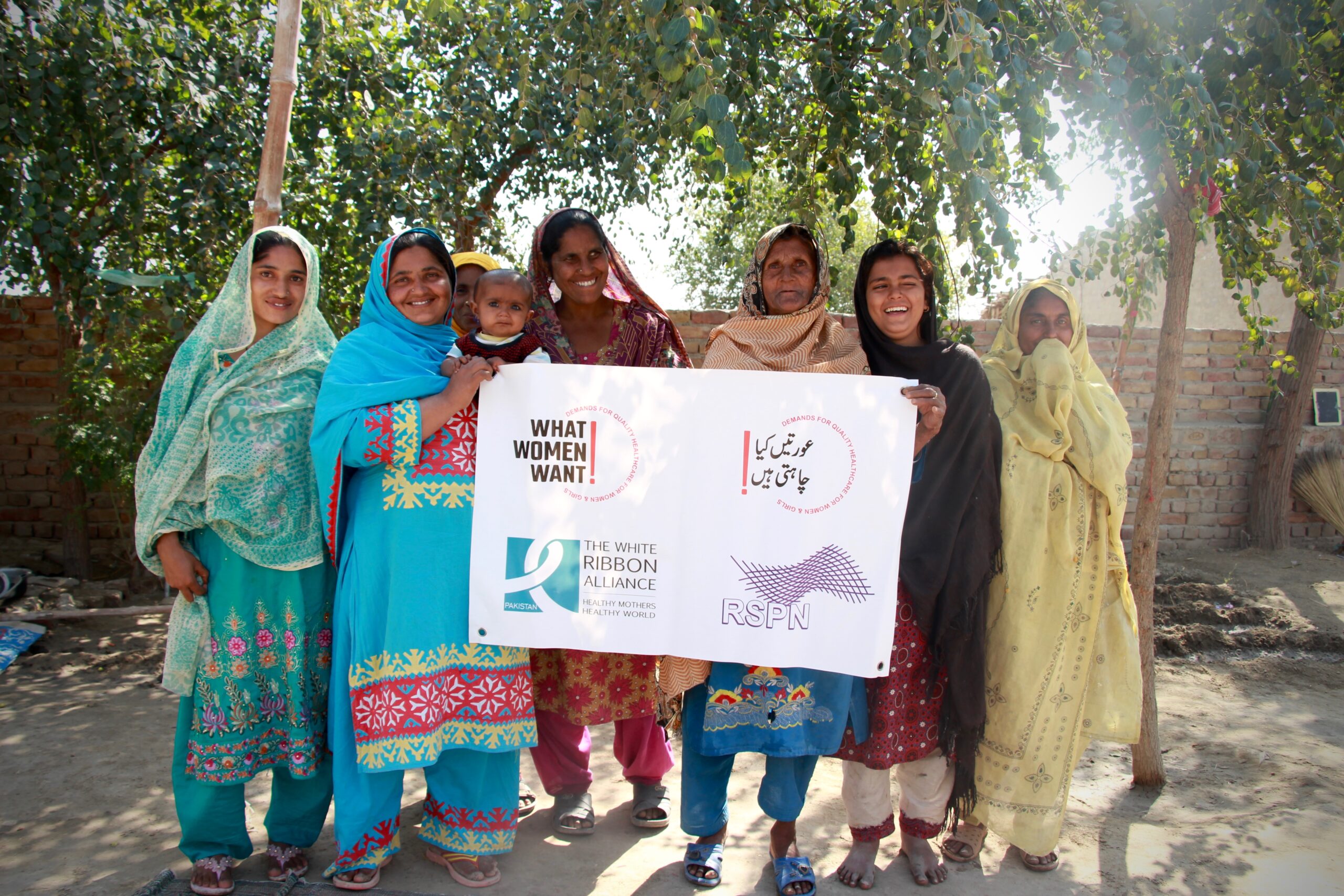
12. Collaboration with law enforcement: Collaborating with law enforcement agencies to ensure prompt and effective response to reports of harassment. This can involve training programs for police officers and establishing a system to encourage victims to report incidents without fear of retaliation.
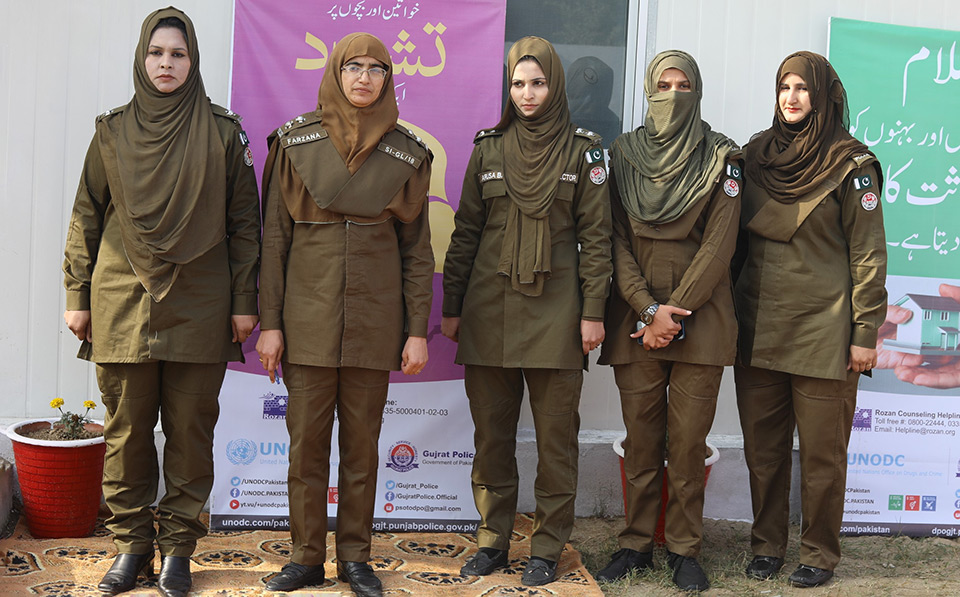
13. Media campaigns: Utilizing media platforms to raise awareness about women harassment, challenge stereotypes, and foster dialogue for societal change. This can involve public service announcements, documentaries, or online campaigns.

14. Research and advocacy: Conducting research to understand the prevalence and nature of women harassment in different contexts and using that information for policy advocacy and reform.
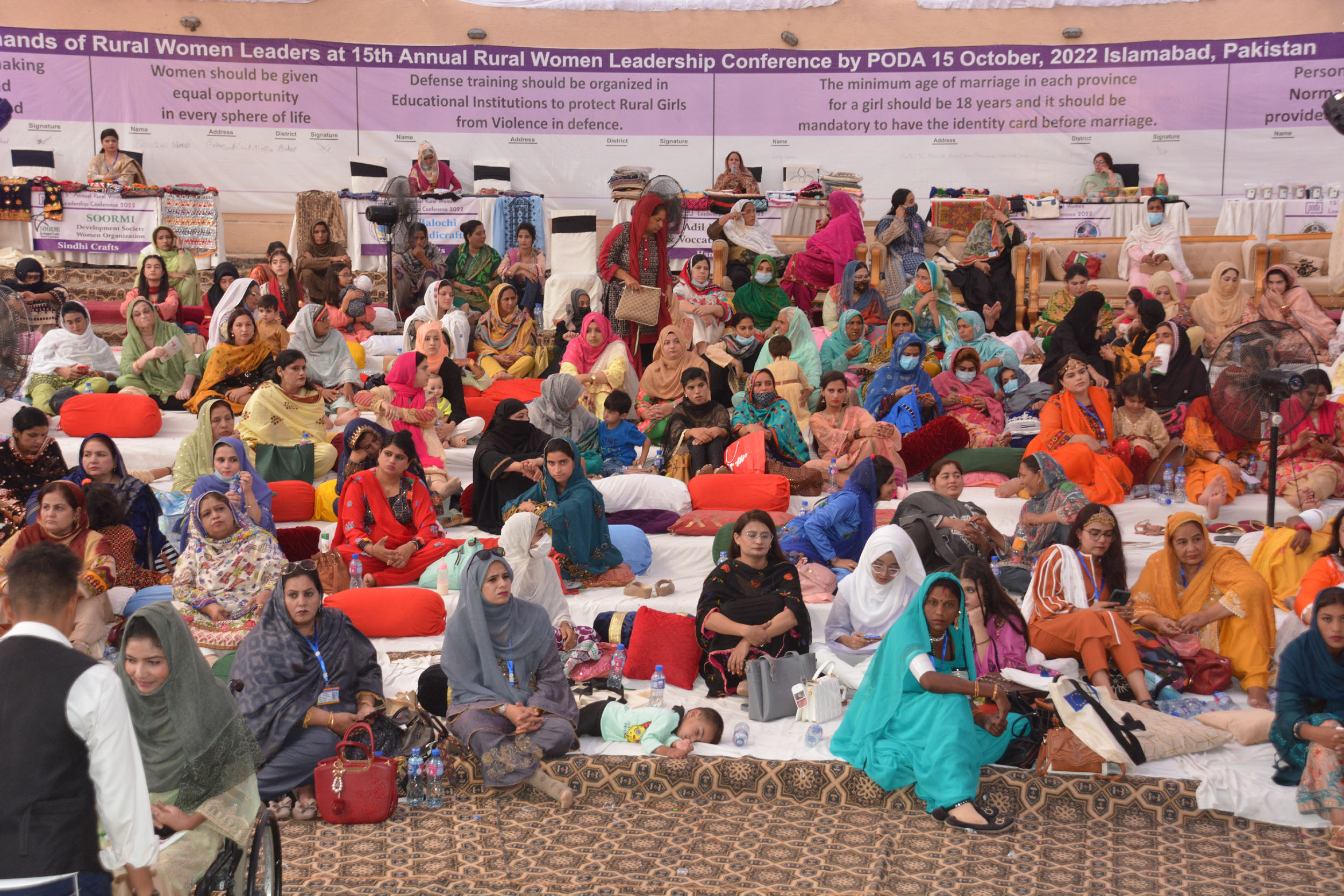
15. Engaging men as allies: Implementing programs to engage men and boys as advocates against women harassment, promoting healthy masculinity, and encouraging them to be active participants in creating a safe environment for women.
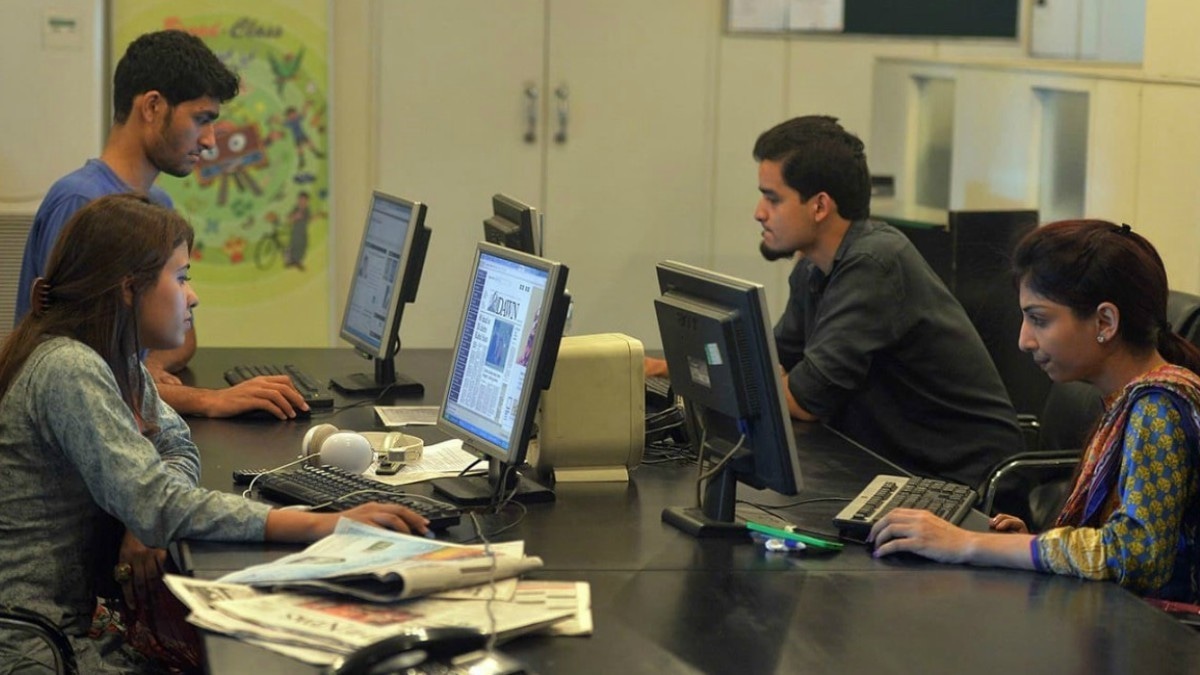
16. Collaboration with other organizations: Collaborating with other organizations working on women’s rights, gender equality, and anti-harassment initiatives to amplify efforts and share resources.
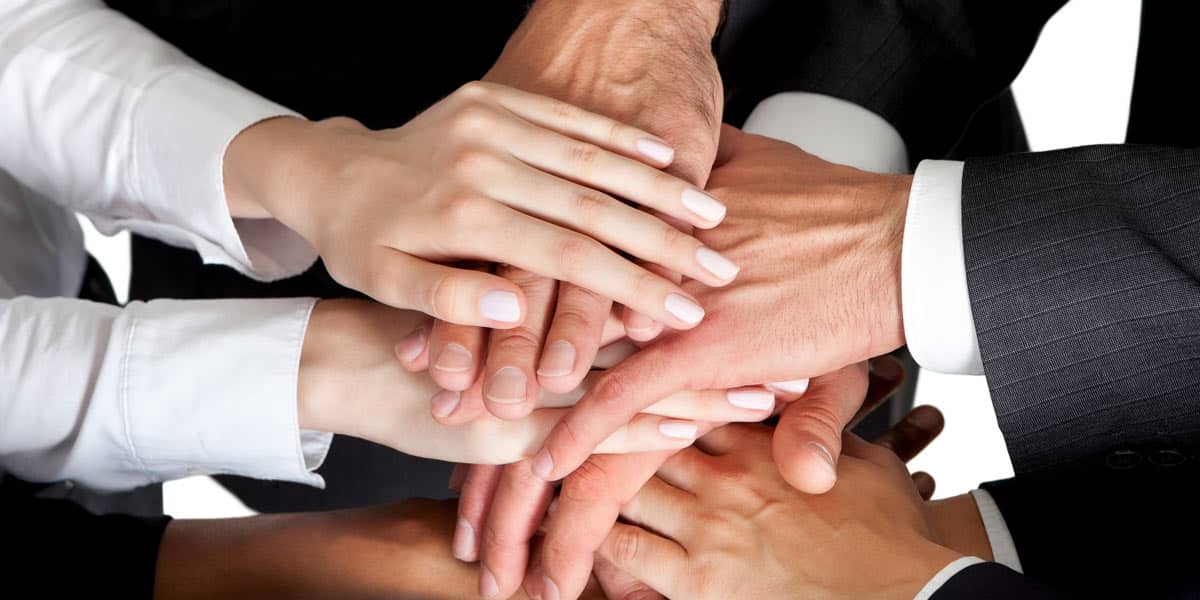
17. Sensitization training: Offering sensitization training to institutions, workplaces, and public service providers to ensure they have the necessary tools to address women harassment effectively.

18. Peer support networks: Encouraging the establishment of peer support networks within communities or educational institutions where women can seek support from their peers who have undergone similar experiences.
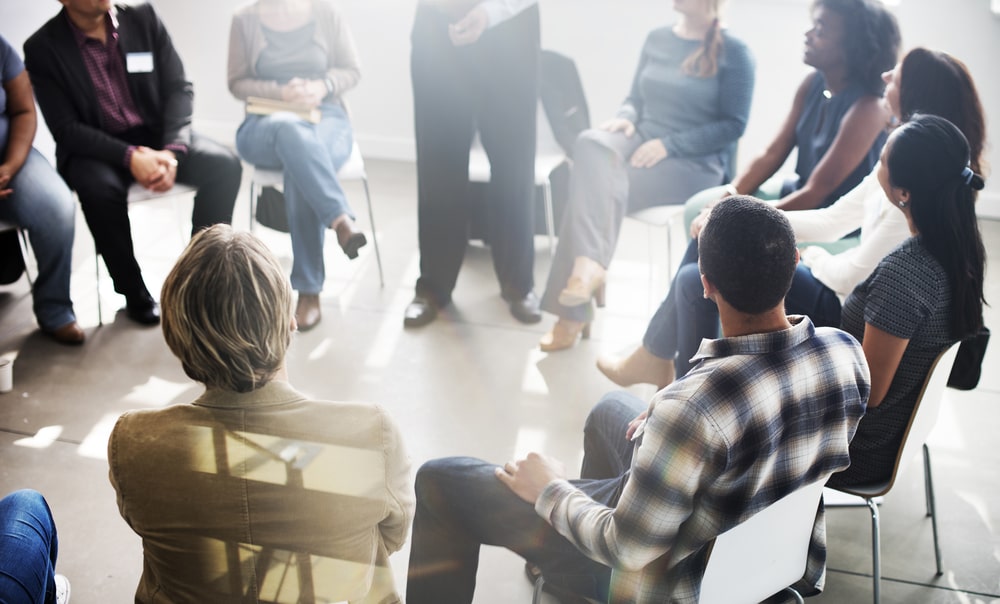
19. Legislative reform and policy advocacy: Advocating for legal reforms and policies that protect women from harassment and ensure robust enforcement mechanisms.

20. Capacity building: Building the capacity of organizations and individuals working on women’s rights issues through training programs, resource sharing, and skill development workshops.
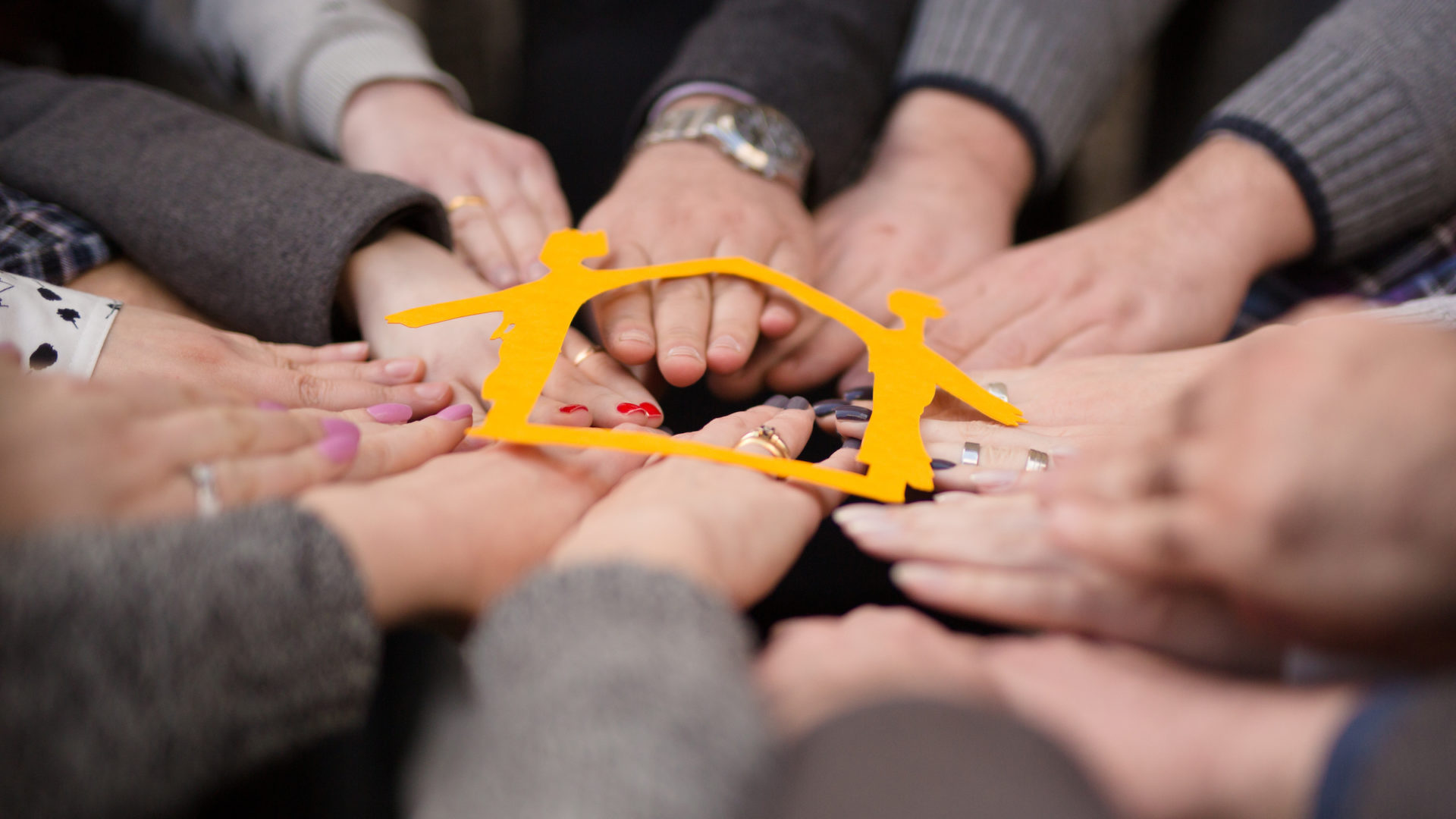
All Categories
- Agricultural Methods
- Agriculture and Women Small Farmers Rights Awareness
- Climate Change
- Disable and Human Rights
- Disable Jobs
- Donation
- Education
- Health Issues
- Organic Foods
- Organic Vegetables
- Orphans Children
- Plastic production and disposal
- Services
- Sinking in Scarcity
- Success Stories
- Uncategorized
- Waste Management
- Women Rights
- Youth Empowerment




